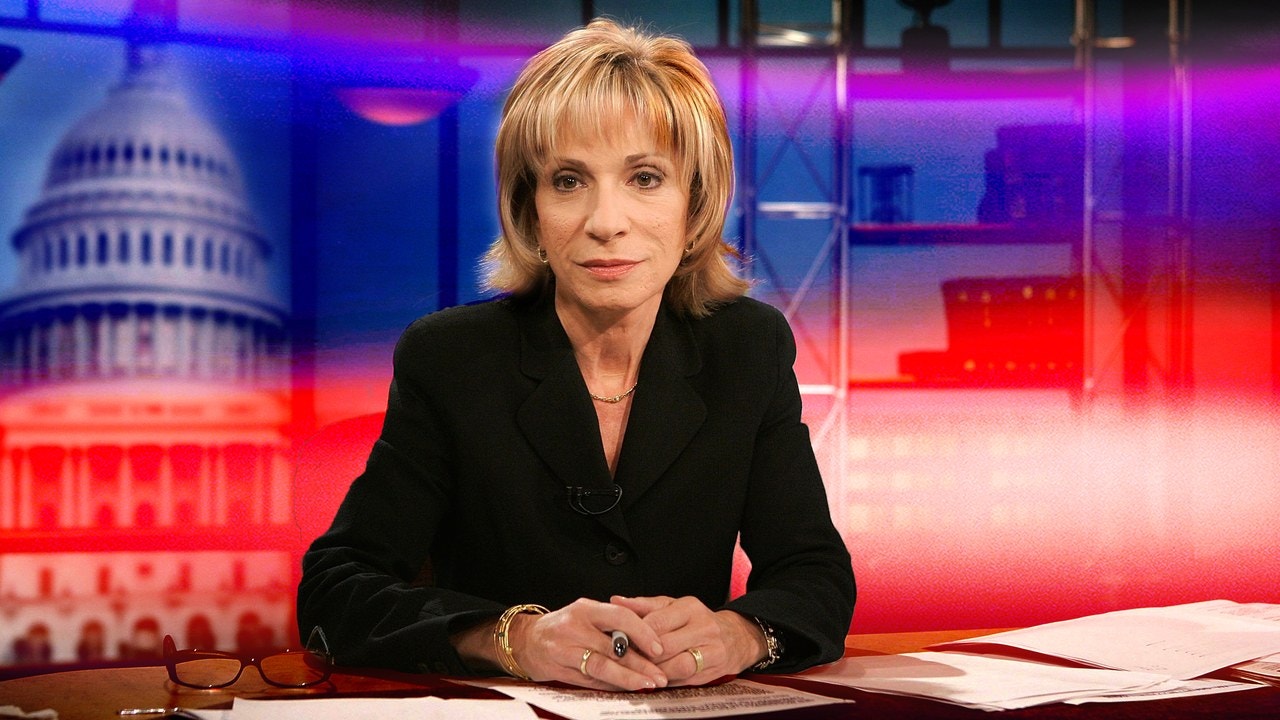Andrea Mitchell Is Still Waiting for a Woman President

When a woman succeeded, we took notice. It didn’t affect how we did our jobs, but we paid attention to that and we knew it was unique. I now am close to former Secretary of State Madeleine Albright, who was the first woman to hold that position. But even when she was first appointed, it left an impression on me. When she became Secretary of State in 1996, I was covering her swearing in, and I remember so well wanting to get an interview with her. I got to her on the street corner outside her house that morning before she went into the White House to be sworn in, and I got just a few words with her, but it helped the piece I was working on so much.
In the piece I wrote that night, I wrote that one of her commitments was going to be to increase the number of women at the State Department, which had been for generations a male-dominated institution. There was even a rule that a woman could not become an ambassador if her husband was an ambassador elsewhere; she was expected to follow him. It was just startling.
She was well aware of those dynamics, and I wrote about it and about how women in the foreign service were thinking about her appointment. That night, right after Nightly News, there was a reception in her honor. She invited the press, which was unusual, but she made it a point to have us there. And I ran into a very high level official who is still active in government and outside of government. And he said, “Where did you get that information? That’s just totally wrong. There’s no problem of sexism at the State Department. Who could have told you that?” And I just looked at him and thought to myself, “You are in for a really big shock.” And of course I was right, because that was the beginning of affirmative steps to improve gender equality at the State Department.
After Madeleine Albright, of course, there have since been more women at the State Department, and I have learned a lot from all of them. Condoleezza Rice was another remarkable woman and a great musician, which is something that I loved. She’s a wonderful pianist. We talked a lot about music, and she would have these little musical evenings at her apartment, and her friends would perform it. Later, Hillary Clinton held that position, and she came with the experience of having lived in the White House and worked to further women’s rights around the globe. For all the horrible things that happened with the war in Afghanistan, I saw something similar with Laura Bush. She worked with the State Department and the White House to help create the first co-ed institution of higher education—the American University in Kabul.
Just last week, I interviewed Anita McBride, Laura Bush’s former chief of staff, to talk about the new agreement between the Taliban and the Afghan government, which the United States has blessed. The fear is that it will undo the constitutional protections that the United States fought for under the Bush and Obama administrations, and it will put women in Afghanistan back in the Middle Ages, in terms of their rights.
Often, these stories are interconnected—the stories of female leadership and the conditions on the ground for women for women around the world. And I know that because I’ve seen it. I went with then-First Lady Hillary Clinton to Beijing in 1995 when she gave that famous speech and said, “Women’s rights are human rights and human rights are women’s rights.” I reported from Afghanistan under Taliban rule in 1998 and understood what women were dealing with there. In a crisis, women and girls are often the first to suffer. In Darfur, when I went there with Condoleezza Rice to a refugee camp, we met with all of these women who had been terrorized and raped and abused in refugee camps by the militias. You see it in Syria now with our withdrawal, what’s happening to women and children. And of course, we’ve seen it with the women and children on our own southern border, who’ve been separated and left unaccounted for and not reunited. I don’t think women have all the answers, but I do think that women leaders can often respond more affirmatively than men do. One of the few virtues of having been at this for as long as I have been is that I’ve gotten to experience these incredible social movements and transitions, for women in particular.
